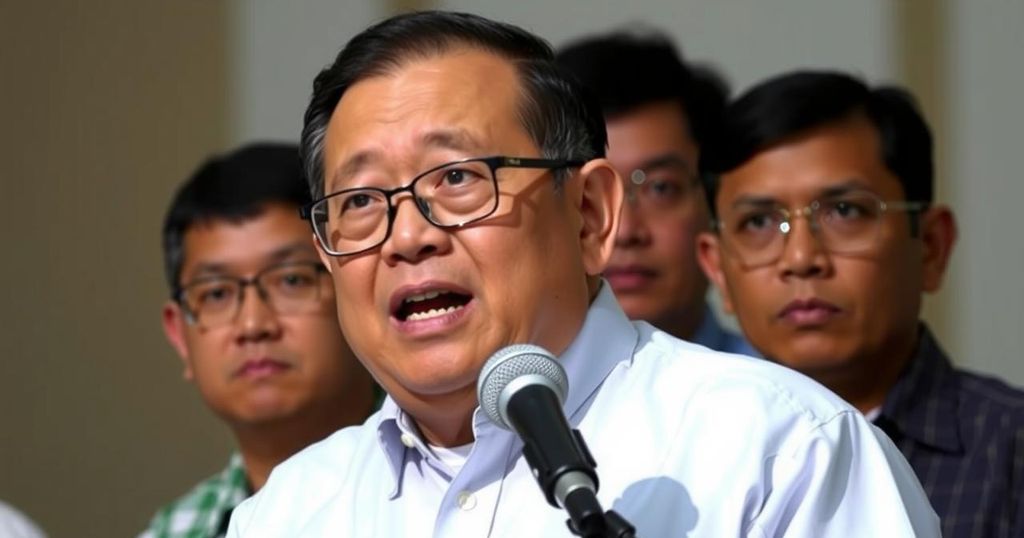President Prabowo Subianto’s plan to pardon corrupt individuals returning stolen assets has faced criticism from Lakso Anindito, who asserts it could increase corruption rates. He advocates for stronger asset recovery measures and law enforcement independence instead of amnesty, stressing the need to combat systemic corruption comprehensively.
The proposal by President Prabowo Subianto to grant pardons to corrupt individuals who voluntarily return stolen assets has come under heavy scrutiny. This criticism is spearheaded by Lakso Anindito, Chairman of the Indonesia Memanggil 57+ Institute (IM57+), who warns that such a policy risks undermining deterrence against corruption rather than alleviating it. Anindito argues that offering amnesty could inadvertently rationalize corrupt behaviors and fails to address the systemic issues underlying corruption.
Prabowo’s intent was articulated during a speech at Al-Azhar University, where he expressed a desire to provide a second chance for those who had engaged in corrupt practices. According to him, if corrupt offenders return the proceeds of their crimes, they could be pardoned while their identities remain confidential. Critics assert that this approach could trivialize the severity of corruption, as it does not promote accountability or reinforce the rule of law.
Instead of adopting an amiable approach towards corrupt individuals, Anindito suggests that President Prabowo should fortify asset recovery initiatives through the Asset Forfeiture Law and ensure the independence of law enforcement agencies. He emphasized the importance of preventive measures to combat corruption effectively, advising that the fight against such crimes must not merely be rhetorical but backed by tangible actions to deter future offenses.
The context of this discussion revolves around persistent concerns regarding corruption in Indonesia, a significant issue that undermines public trust and governance. The proposal by President Prabowo to pardon corruptors, while potentially appealing as a means of recovery, raises key questions about justice and the efficacy of deterring future corruption. The IM57+ Institute has been proactive in spearheading discussions and critiques pertaining to governance and integrity within the nation, reflecting a broader societal concern about corruption’s impact on development and equity.
In conclusion, President Prabowo’s proposal to pardon corrupt individuals could exacerbate the very issues it aims to remedy, according to critics like Lakso Anindito. While the intention may be to facilitate restitution, the lack of rigorous accountability measures could encourage further corruption. Thus, a focus on reinforcing the legal frameworks and independence of law enforcement is paramount to genuinely address corruption in Indonesia.
Original Source: en.tempo.co






